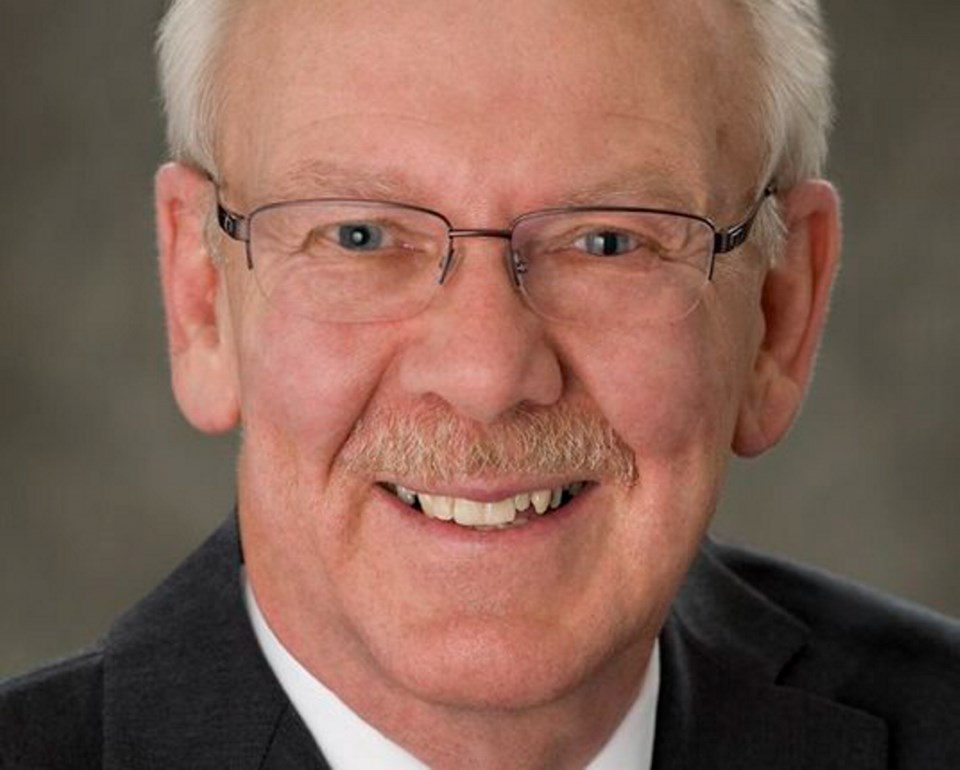VANCOUVER — An impassioned bid by Sidney Mayor Larry Cross failed to persuade his colleagues from municipalities across B.C. that there is a need for more mobility-scooter safety rules on the province’s streets.
Delegates to the Union of B.C. Municipalities convention Wednesday voted down Sidney’s call to reaffirm a 2007 resolution that appropriate measures be taken to “promote the safe operation of mobility scooters to ensure the welfare of both pedestrians and users.”
Sidney had originally proposed having the province license scooters and their operators under the Motor Vehicle Act, but at the last minute amended the resolution.
“Our concern is not just for pedestrians on our sidewalks, but it’s also for scooter users as well,” Cross said.
“We’ve had a fatality in our community. We’ve had, in the last eight months, two serious rollovers — one of which resulted in a gentleman spending the summer in the hospital with a broken hip. Those accidents could have been avoided.”
Sidney council has heard complaints and concerns from the public, Cross said. He compared his community, with its high proportion of seniors, to a canary in a coal mine, signalling the kinds of problems other municipalities can expect.
But many at the conference expressed concerns about the right to mobility.
“You have a problem with your sidewalks, if people are rolling over. Maybe you need to fix the sidewalks,” said Langley Coun. Bob Long to applause from delegates.
Cumberland Coun. Conner Copeman, who uses a motorized wheelchair, said he was disappointed by Sidney’s motion.
“I believe that many individuals are either in their last stages in life when they are in a wheelchair … or they are in a position where it isn’t easy for them to get out and about,” Copeman said.
Regulation would just add to the discrimination, he said.
Cross stressed that Sidney’s original resolution never included motorized wheelchairs.
After the defeat, Cross said it was ironic that delegates wouldn’t even take the step of endorsing an existing UBCM policy.
He said he was disappointed but not surprised.
“I shake my head,” he said. “It seems to us it’s very clearly an issue of public safety.”
Meanwhile, delegates unanimously endorsed a UBCM white paper calling for a change in the way municipalities are funded.
The report advocates revenue-sharing through creation of an infrastructure development and community-building bank designed to ensure that local governments share the wealth if the economy performs above a pre-set benchmark.
The report also recommends making property taxes more responsive by making sure local governments’ share doesn’t fall below the current 65 per cent; providing local government with 100 per cent of property taxes from new developments; and exploring ways of allowing local governments to provide a low-income property tax credit.


